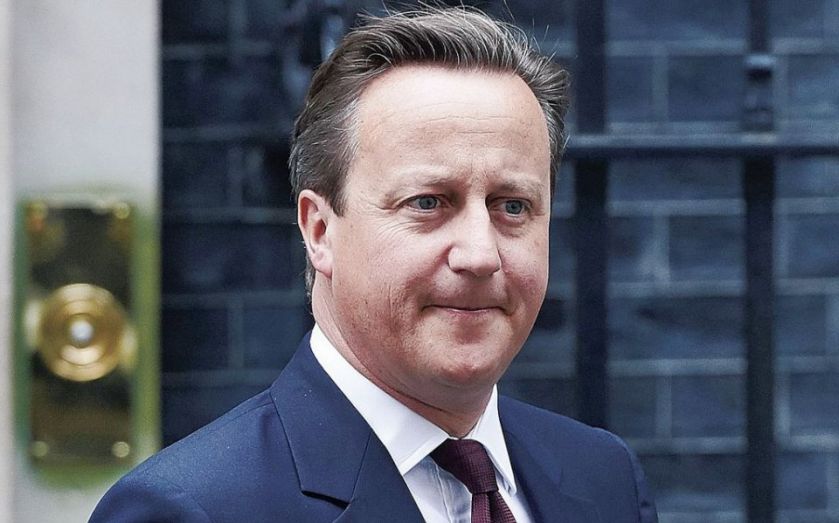How David Cameron can expand London’s Heathrow Airport without breaking his third runway pledge

As the week draws to a close, there is some consternation that the anticipated government ruling on airport expansion, with ministers due to decide whether or not to reject the Airports Commission’s recommendation for a third runway at Heathrow, has – for obvious reasons – been deferred.
Many business leaders have voiced their frustration. In these pages on Wednesday, Gavin Hayes of Let Britain Fly claimed that “there can surely be no excuses for any more dithering and delay.” But we have to be realistic that events in Syria are fully occupying the government at present.
Airport expansion is also a hugely significant issue for the country. If ministers take a few more weeks to make the right decision, and a justifiable one, it will be a good use of their time. We have waited a long time – over 40 years – and it is better to get it right than to attempt to push through the issue during what is obviously an incredibly busy and fraught time for the government.
Many believe that a decision in favour of Heathrow expansion would prove politically challenging for the Prime Minister, who famously made a “no ifs, no buts” pledge in 2009 that there would be no third runway. However, our independent Heathrow Hub scheme to expand the airport by extending the northern runway – distinct from Heathrow’s own proposal to build a third runway – has been specifically designed to be politically and socially acceptable.
Our scheme provides the required additional capacity with the minimum disruption and at the lowest feasible cost. It is a long runway, not a third runway, and avoids bringing new areas into aircraft noise contours. It also eliminates the need to destroy local villages and important facilities such as the Lakeside Energy from Waste plant, the Home Office’s immigration removal centres, and BA’s headquarters.
As decision time approaches, the focus of the debate has highlighted the very factors that differentiate the Extended Runway from other plans. Our scheme is simple, innovative and can be built more cheaply than the alternative. The construction can be in distinct phases, matching expansion with demand, reducing risk and enabling the government to ensure noise and emissions targets are met. We continue to advocate the elimination of night quota flights before 6am.
Noise and air quality are crucial issues. The Extended Runway proposal would reduce the extent of the noise contours and bring in no new areas. It is estimated that 240,000 people would be removed from the current 54 decibel noise envelope. Air quality targets must and will be met. An enhanced, fit for purpose, surface access plan has also been devised which will assist greatly in meeting air quality limits.
Meanwhile, the inadequacies of the case for Gatwick expansion have been exposed. There has been no convincing economic argument made to overturn the Commission’s principal judgement that the greatest benefits to the entire UK would be delivered by expanding Heathrow as opposed to Gatwick. Surface transport improvements to Gatwick would be prohibitively expensive and, in any case, the two businesses are in completely different leagues. Heathrow has substantially higher passenger numbers and assets, with more than six times the passenger revenue of Gatwick.
In a recent poll, 94 per cent of MPs said the airport decision should be made in the national interest. Expansion at Heathrow is clearly the option that best serves that interest, as identified by the Airports Commission. Our independent plan offers a sensible way forward in the interests of the entire country and we allow David Cameron to keep his promise to the electorate.